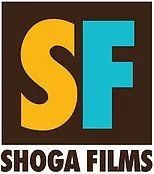Rafiki - a Tale of Forbidden Lesbian Love in Kenya Breaks No Ground
In 1997, a French/Guinean film set in West Africa opens, shockingly, with two young men kissing each other wildly and passionately in the front seat of a car parked in the countryside. Dakan told the story of an impossible homosexual love ultimately triumphing in a traditional, deeply homophobic society. It was predictably banned in its home country, made a bit of a splash on the film festival circuit, and disappeared. That’s too bad. It deserves to be remembered far more than the current iteration of this same old same old currently depicted in the Kenyan film, Rafiki.
Rafiki is the Swahili word for “friend,” and the film charts the predictable path of a lesbian relationship that blooms between the daughters of two competing local politicians in a lower- working/class outskirt of Nairobi. The plot arc is familiar: the first timid steps toward passion, girlish courtship, consummation, closeted relationship, discovery, forced separation, eventual (though, from a script standpoint, unbelievable) reunification. We have seen this story told over and over in the West and now Africa.
Which isn’t to say that Rafiki isn’t engaging and fun to watch. The film is professional on all levels. As a director Wanuri Kahiu makes a competent Western-style movie with some nice color choices, particularly pink ‘cause, you know, this is a girl story. Sammantha Mugatsia plays Kena, the butch, shy-but-super-intelligent daughter of a convenience store operator. As a first-time actor, she does a fine job with her role, but Sheila Munyiva, enacting Ziki, her effervescent femme love-interest, spurts out of the predictable aspects of her role as much as the colorful locs on her head. Her performance alone makes the film worth watching – along with the fascinating backdrop of a hybridized African society that has lost most (though not all) of its traditional folkways.
As a co-writer of the script, one loosely based on a prize-winning 2008 short story by the Ugandan writer Monica Arac de Nyeko, Kahiu is less successful. (Even though only 12 pages, the story is way better, broader in scope, and much more African than Rafiki.) The film’s story is well-worn, “redeemed” by an implausible coda that ignores the continued impossibility of a public lesbian life where homosexuality is punishable with up to 14 years in prison. (Also, predictably, the film has been banned in its home country.) I sat through the truly clichéd sequences – especially the carnival-fun montage and the gauzy make-out scenes – waiting for the bracing jolt of life brought by those characters not overdetermined the requirements of the plot: Kena’s flawed-but-undestanding father and the wonderful township gossip, Mama Atim. The greatest disappointment of the film is its choice of sappy Western music to evoke a romantic atmosphere – this from a continent that reverberates with original musical genius of its own.
But let me not be too negative. The movie will do its cultural and political work in places where it’s allowed to be shown. It’s no great work of art or film, but it has its merits and gives Western audiences a window into a (somewhat cleansed) African society that most are unfamiliar with.
Personal note: I lived in Tanzania for a year in 1988 while researching a dissertation on a mostly-untranslated Swahili playwright. Although my Swahili is gone now, I did witness, from afar, a non-Western style of men who identified as women. This type of person was referred to as a shoga, and that is the origin of the name of my production company. One lone, miserable shoga is cameo’d, and mocked, in the film. A silent kinship is established between him (?) and Kena when she sits alone, after being publicly reviled and further rejected by the traumatized Ziki. Sadly, this doesn’t seem to forge a friendship or alliance between the two. In the best Hollywood tradition, Kena finds personal--and only personal--redemption in the unearned fantasy of a happy ending.
Recent Posts
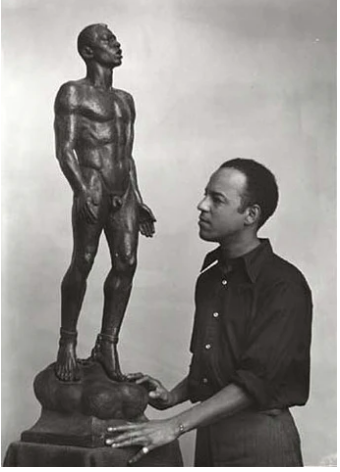
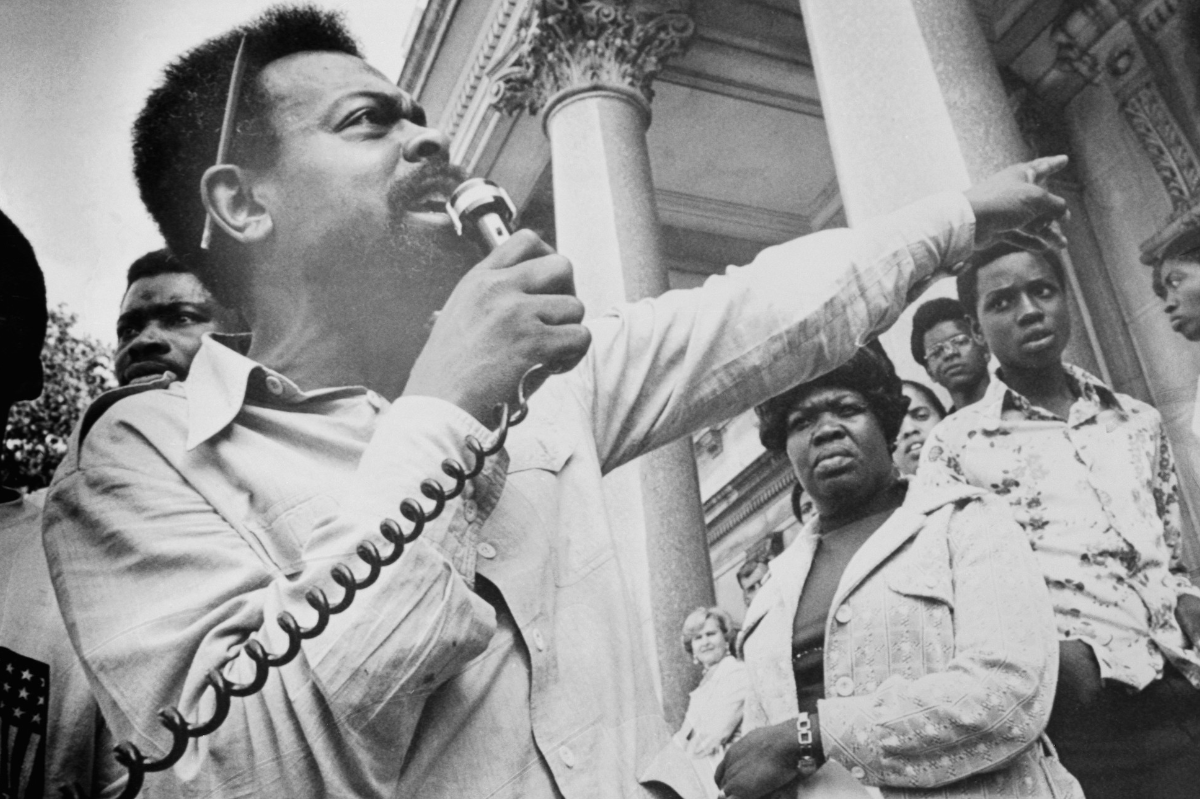
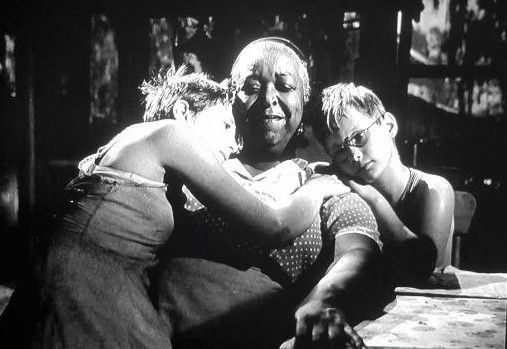
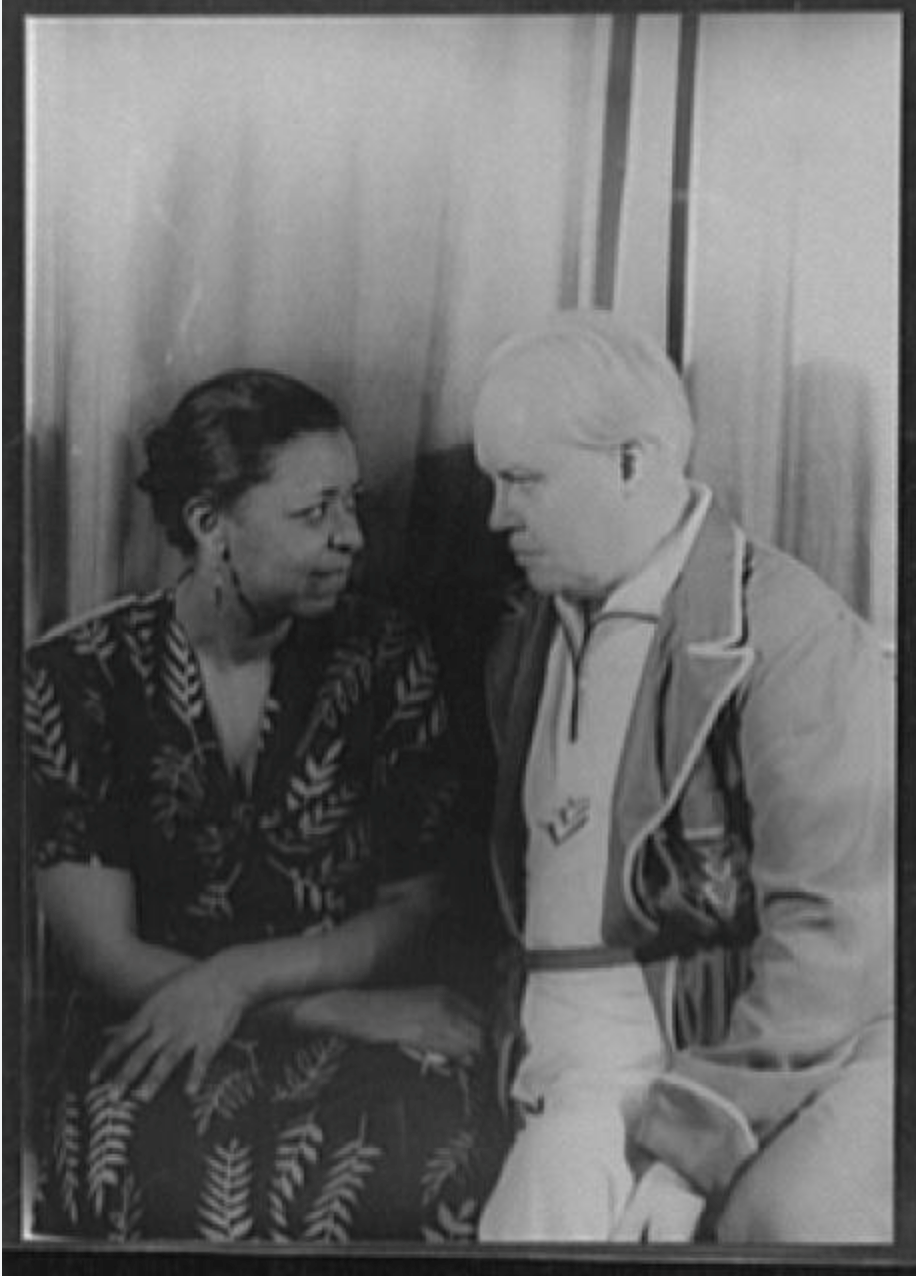
SHOGA FILMS is a 501(c) (3) non-profit production and education company. We create multimedia works around race and sexuality that are intended to raise awareness and foster critical discussion.
Contact Us
All Rights Reserved | Shoga Films
Stay Connected
Thanks for subscribing!
Please try again later.

